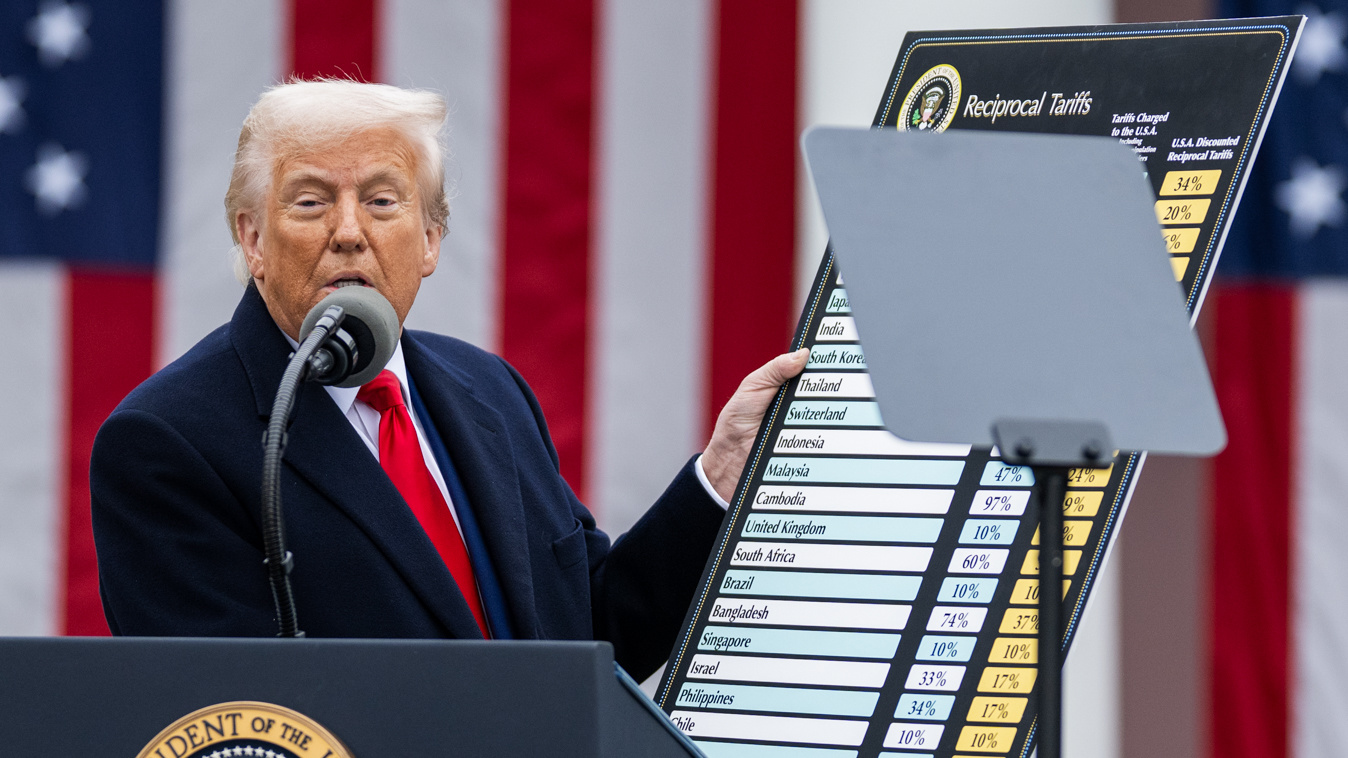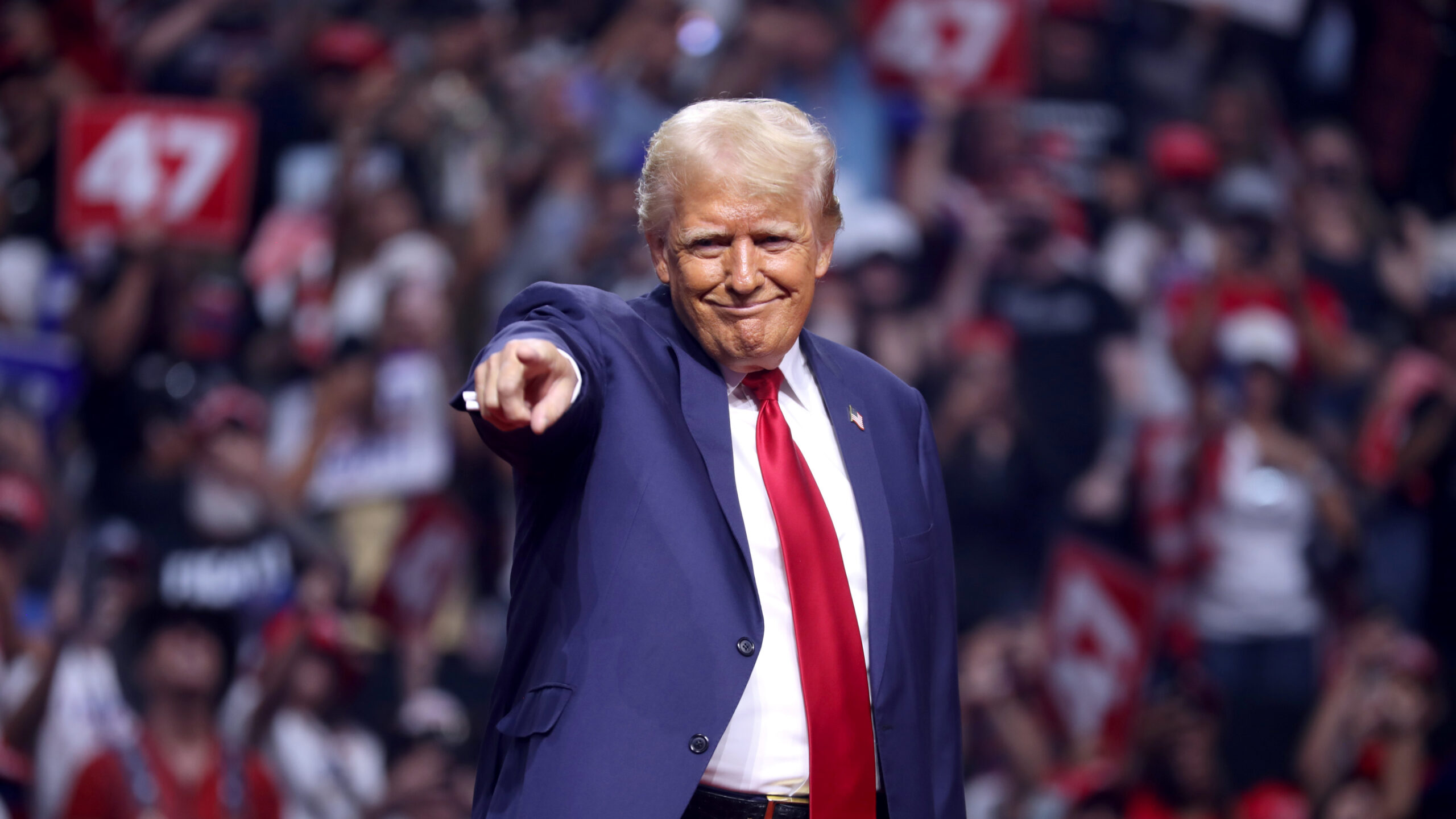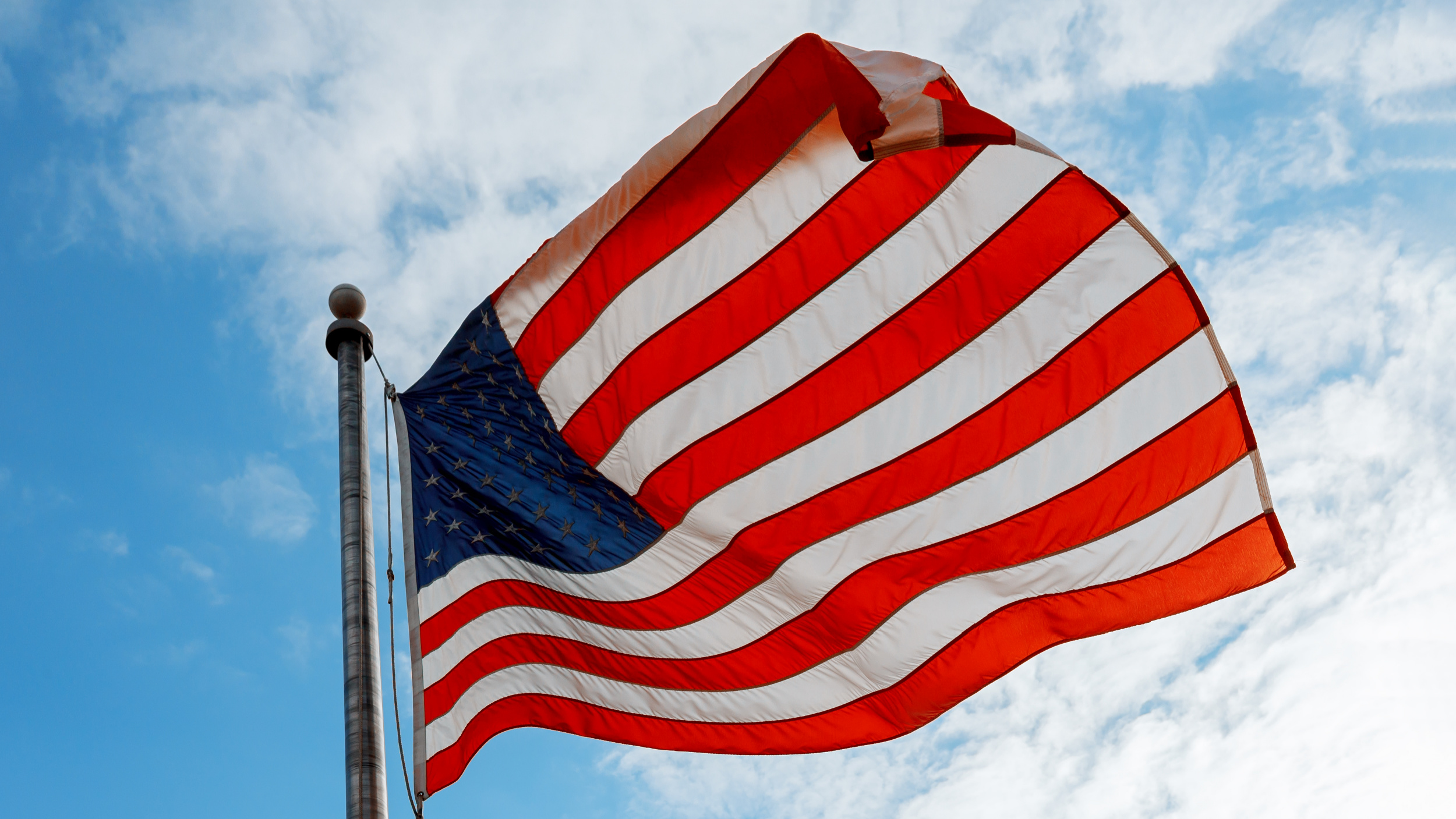Editor’s note: Steel fabrication products were left out of the Section 232 tariffs on steel. The best method of implementing tariffs is to cover the supply chain, so foreign cheating companies are unable to circumvent the tariffs by simply selling downstream products. This petition by the American Institute of Steel Construction seeks to remedy the omission of fabricated steel products. Our CPA members say that Canada is as big a problem as China in this market.
Petition filed with International Trade Commission takes aim at Canadian, Mexican and Chinese imports
The American Institute of Steel Construction, an organization that represents fabricators, steel service centers and others affiliated with the domestic structural-steel industry, filed a petition Monday with the Commerce Department’s International Trade Commission seeking tariffs to be added to a range of products from the three countries.
The petition seeks duties on products such as columns, beams and girders used in buildings and infrastructure. The petition calls for a more than 31% duty on products from Canada, a 41% tariff for Mexican products and a roughly 219% duty on Chinese goods.
“Throughout the bidding process, purchasers will also use competing subject import prices to leverage U.S. producers’ prices down,” the petition said.
While steel tariffs have helped the domestic producers, they have caused problems for companies that purchase metals, forcing them to increase prices last year. Some U.S. manufacturers have complained that their foreign competitors have an advantage because they are able to sell finished products in the U.S. made with cheaper steel.
An American Institute of Steel Construction spokesman didn’t respond to a request for comment.
New duties would raise costs for buyers of structural-steel goods, such as construction companies working on private developments or public-sector infrastructure projects.
“The impact, in general, is either going to be the contractor will be stuck with paying higher prices or they may see some projects canceled or scaled back,” said Kenneth Simonson, chief economist for the Associated General Contractors of America.
Steelmakers Nucor Corp. and Steel Dynamics Inc., both of which sell fabricated products such as steel joists, and metals distributor Reliance Steel & Aluminum Co. , which has a metals-processing operation, would benefit from new protectionist measures being sought, Cowen analyst Tyler Kenyon said in a research note. The Commerce Department is expected to begin an investigation into the matter later this month, and the ITC could make a preliminary determination on whether duties should be added next month, the research note said.
Domestic imports of certain products covered by the petition rose 21% to about 950,000 tons between 2015 and 2017, according to the petition. Importers brought in a further 899,000 tons between January and October of last year, up 11% compared with the same period in 2017.
Jeff Sterner, president of Lancaster, Pa.-based High Industries Inc. and a member of the American Institute of Steel Construction board, said Chinese producers have circumvented steel tariffs the Trump administration implemented by processing metal before selling it here.
“It comes into this country and it’s not impacted,” damaging the domestic industry, he said in an interview. His fabrication company makes steel products for bridges and a range of commercial and public-sector projects.
Mr. Sterner said costs would increase if buyers didn’t have access to lower-price goods, but said those concerns must be balanced against damage the manufacturing sector bears because of competition with subsidized products.
“There’s a lot of harm done to the American steel-fabrication industry when we’re facing unfair competition” Mr. Sterner said.
To Beat the Trade War, Companies Get Creative Breaking the Rules
As companies moving goods from China to the U.S. face heftier tariffs, some have developed creative techniques to avoid paying them. The WSJ’s Steven Russolillo takes to the field to explain how some businesses sidestep import duties.












